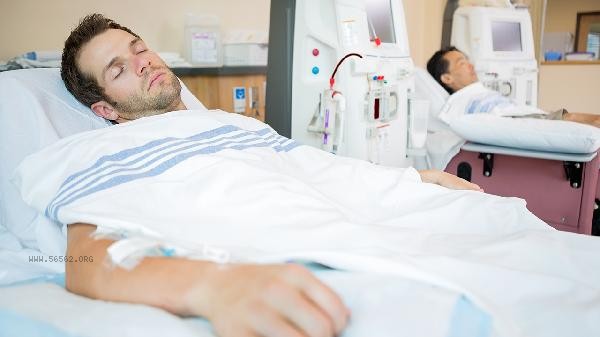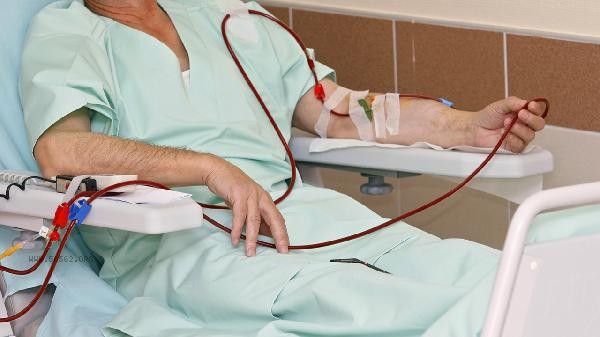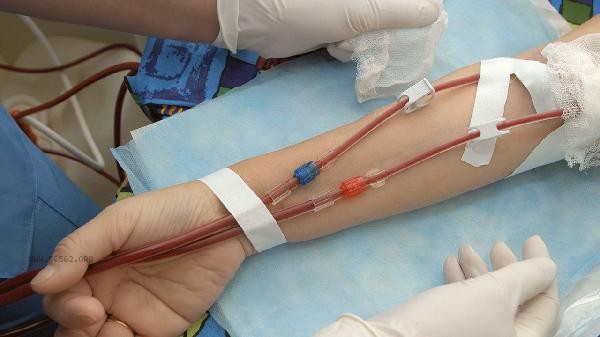Patients with creatinine levels above 600 μ mol/L who have not undergone dialysis typically have a survival period of several weeks to months, which is influenced by factors such as renal compensatory ability, complication control, underlying disease management, nutritional status, and medical intervention intensity.

1. Renal function compensation:
Residual renal function determines the length of survival. Although some patients have high creatinine levels, there is still a small amount of renal unit work, and the progression of the disease can be delayed by strictly limiting water and salt intake and controlling protein intake. Individuals with a daily urine output greater than 400 milliliters may have an extended survival period of 3-6 months.
2. Complications management:
Hyperkalemia and metabolic acidosis are the main causes of death. Regularly monitoring electrolytes, using potassium reducing resin to correct hyperkalemia, and taking sodium bicarbonate orally to improve acidosis can reduce the risk of cardiac arrest. Patients with severe edema need diuretic adjuvant therapy.
3. Basic disease control:

diabetes or hypertension patients need to strengthen primary disease management. Keeping blood sugar levels between 6-8mmol/L on an empty stomach and maintaining blood pressure below 130/80mmHg can slow down the rate of renal function deterioration. Patients with combined cardiovascular diseases need to undergo regular assessments of cardiac function.
4. Nutritional support:
Low protein diet combined with ketone acid preparations can alleviate azotemia. The daily protein intake should be controlled at 0.6g/kg body weight, and the calorie intake should be above 35kcal/kg. When serum albumin is below 30g/L, intravenous supplementation of human serum albumin is required.
5. Alternative therapy preparation:
Establishing a dialysis pathway can prolong survival. Non dialysis patients should undergo arteriovenous fistula surgery in advance. When uremic encephalopathy, refractory vomiting, or pericardial effusion occurs, renal replacement therapy should be started immediately.

Non dialysis patients need to monitor their weight changes daily, limit their water intake within the range of urine volume plus 500ml, and avoid high potassium foods such as bananas and mushrooms. Properly engage in bedside activities to prevent muscle atrophy, and raise the head of the bed during sleep to alleviate breathing difficulties. Emergency medical attention is required for changes in consciousness or arrhythmia. Traditional Chinese medicine can use formulas such as Huangqi and Dahuang to improve symptoms, but they need to be used under the guidance of a physician.









Comments (0)
Leave a Comment
No comments yet
Be the first to share your thoughts!